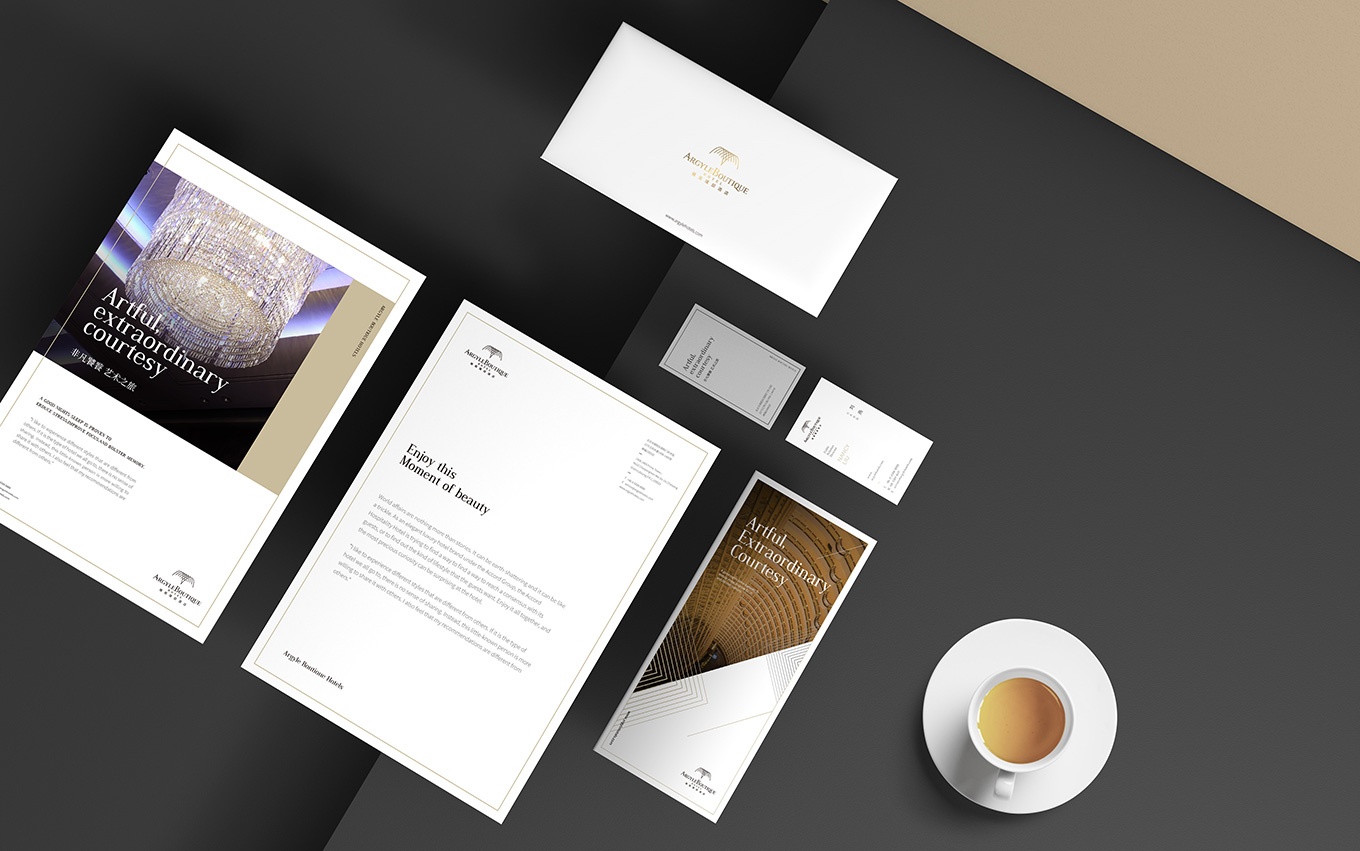零售行業(yè)是指商品直接銷售給最終消費者的經(jīng)濟活動。它涵蓋了各種各樣的商業(yè)形式,包括傳統(tǒng)的實體店鋪、電子商務平臺以及移動應用程序等。零售行業(yè)的特點之一是它與消費者之間的直接接觸,因此,提供優(yōu)質(zhì)的客戶服務和創(chuàng)造愉悅的購物體驗至關重要。為了吸引和保留客戶,零售商通常會進行廣告宣傳、促銷活動和品牌建設。
隨著科技的不斷發(fā)展,零售行業(yè)也在經(jīng)歷著深刻的變革。電子商務的興起使消費者可以隨時隨地通過互聯(lián)網(wǎng)購買商品,而物流和支付技術的進步進一步推動了在線零售的發(fā)展。同時,人工智能、大數(shù)據(jù)和物聯(lián)網(wǎng)等新技術也在零售行業(yè)中發(fā)揮著越來越重要的作用,幫助零售商更好地了解消費者需求、優(yōu)化供應鏈管理和提升營銷效果。未來,隨著消費者行為和科技的不斷演變,零售行業(yè)仍將面臨著新的挑戰(zhàn)和機遇。

配圖為廣州vi設計公司作品
在零售行業(yè),logo設計是建立品牌形象和吸引顧客的重要元素之一。一個好的logo能夠展示品牌的特色、價值和個性,吸引目標客戶并建立品牌忠誠度。以下是幾種常見的零售logo設計方法:
1. 圖形與文字結合:
圖形與文字結合是最常見的logo設計方法之一,尤其在零售行業(yè)中。通過將品牌名稱或縮寫與特定圖形結合,可以更直觀地傳達品牌的定位和特色。這種設計方法可以使logo更具識別性和記憶性,有助于品牌在市場上脫穎而出。例如,耐克的Swoosh標志就是將簡單的圖形與品牌名稱結合,形成了獨特而具有辨識度的標志。
2. 簡潔明了:
在零售行業(yè),簡潔明了的logo設計往往更受歡迎。簡潔的設計不僅能夠凸顯品牌的專業(yè)性和現(xiàn)代感,還能夠使logo在不同的應用場景中保持清晰和易讀。通過簡潔的設計,品牌可以更好地與目標客戶溝通,并在激烈的市場競爭中脫穎而出。例如,蘋果公司的logo就是一個簡潔明了的蘋果圖標,簡單而具有辨識度。
3. 色彩搭配:
色彩在零售logo設計中起著至關重要的作用,不僅能夠傳達品牌的個性和情感,還能夠吸引目標客戶的注意力。通過恰當?shù)纳蚀钆洌梢允筶ogo更具吸引力和識別性。在選擇色彩時,需要考慮品牌的定位、目標客戶的喜好以及行業(yè)的特點。例如,紅色常常被用于傳遞活力和熱情,適合運動品牌;藍色則常用于傳遞穩(wěn)重和專業(yè)感,適合金融和科技行業(yè)。
4. 手寫或圖案:
手寫或圖案的logo設計在零售行業(yè)中也頗受歡迎。這種設計方法能夠突出品牌的個性和獨特性,吸引目標客戶的眼球。通過手寫或圖案設計,可以為品牌注入更多的情感和人性化元素,使其更具親和力和吸引力。例如,星巴克的logo就是一個以人為中心的手繪圖案,體現(xiàn)了品牌的溫暖和人情味。
Retail logo design plays a crucial role in the branding and identity of a retail business. It serves as the visual representation of the brand and communicates its values, personality, and offerings to the target audience. Here's how retail logos can effectively integrate elements of the retail industry into their designs:
1. **Symbols of Commerce**: Many retail logos incorporate symbols that are synonymous with commerce and trade. This includes images of shopping bags, carts, baskets, or storefronts. These symbols instantly convey the business's association with retail and create a sense of familiarity among customers.
2. **Product Depictions**: Retail logos often feature depictions of the products sold by the business. For example, a clothing retailer may include images of garments, while a grocery store might incorporate fruits, vegetables, or other food items. These depictions not only highlight the core offerings of the business but also help customers quickly identify the type of products they can expect.
3. **Typography and Colors**: The choice of typography and colors in retail logos is critical in conveying the brand's personality and attracting the target audience. Bold and modern fonts may be used to signify a trendy and contemporary brand, while classic fonts can evoke a sense of tradition and reliability. Similarly, vibrant colors like red, orange, and yellow can create a sense of urgency and excitement, whereas subdued hues like blue and green may convey trust and dependability.
4. **Iconic Elements**: Successful retail logos often incorporate iconic elements that become synonymous with the brand over time. These could be unique shapes, patterns, or motifs that distinguish the brand from its competitors and make it easily recognizable to customers. For example, the Nike swoosh and the McDonald's golden arches are iconic elements that have become inseparable from their respective brands.

業(yè)務咨詢 付小姐

業(yè)務咨詢 張小姐

總監(jiān)微信咨詢 付小姐